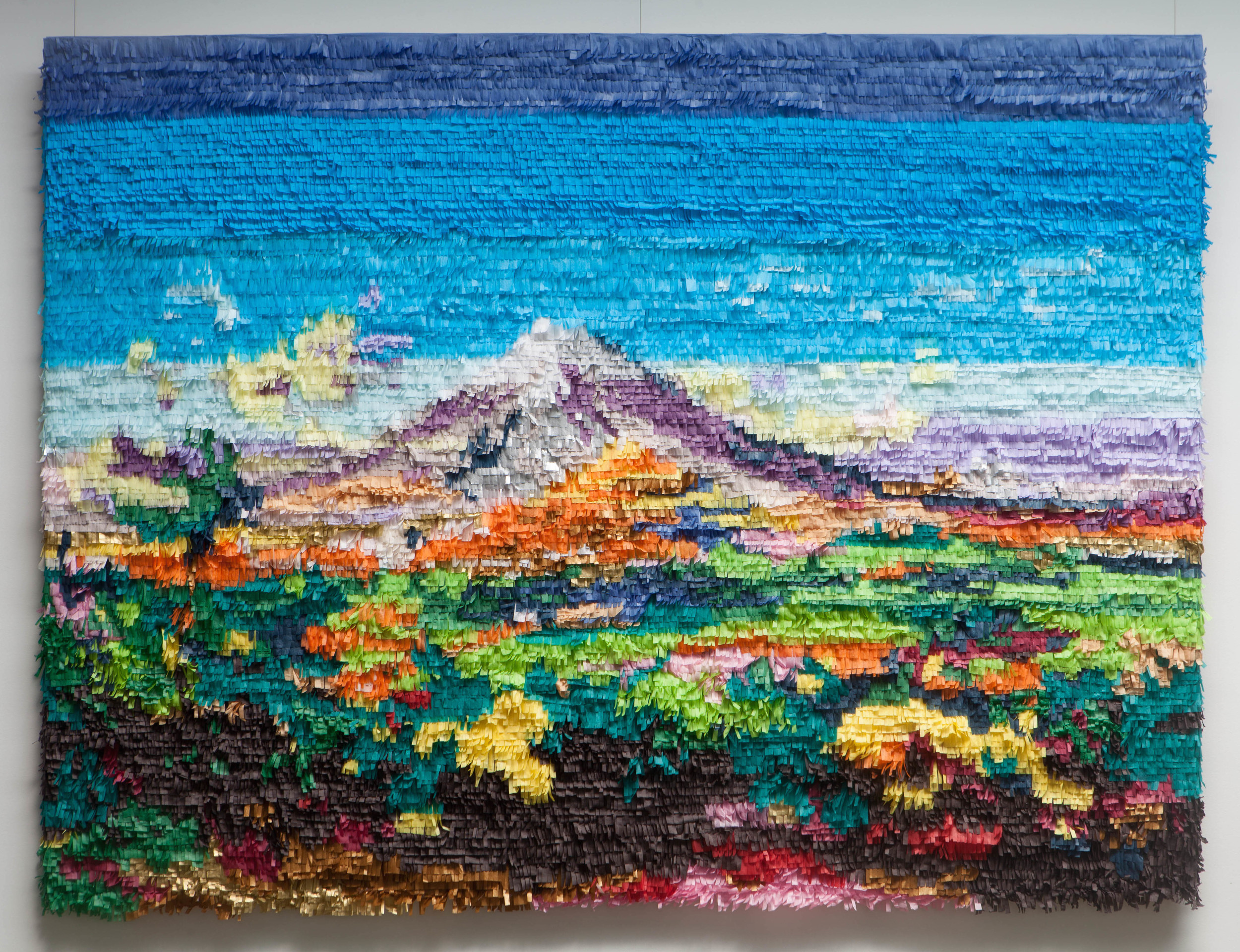We can find borders everywhere in our lives. The border could be a fence, wall, geographical border, nation, language, ideology, racism, sexism, or xenophobia. The border separates us from them, sometimes friends from enemies. To overcome the border, we need the act of translation.
However, the act of translation is always mediated and often imperfect. In the Italian proverb, “Traduttore, traditore” (Translator, traitor). Translation can simplify, even bend the meaning. Not rarely we are lost in translation, but many meanings are also gained in translation.
Kwame Dawes, a Ghana-born poet, expresses her frustration on verse translation, by asking “Would you like to be kissed through a curtain?”, someone says “better than not kissing at all”.
Translation has ambivalence value, “is it a method of reaching across borders or is it an act of appropriation and colonization?” Translation sometimes results, in W.J.T. Mitchell’s term, peaceful assimilation, but more often involves conquest, colonization, the domination of one language or group by another group.
Kissing Through a Curtain is an exhibition that addresses these important questions: “who has access to which ideas, spaces, and histories” and “what place does translation hold today?”. The exhibition is including the works by Nasser Alzayani, Aslı Çavuşoğlu, Kim Faler, Justin Favela, Osman Khan, Christine Sun Kim, Kameelah Janan Rasheed, Jimena Sarno, Clarissa Tossin, and Jessica Vaughn.
This exhibition can be viewed through October 31, 2021, at MaSS MoCA.

